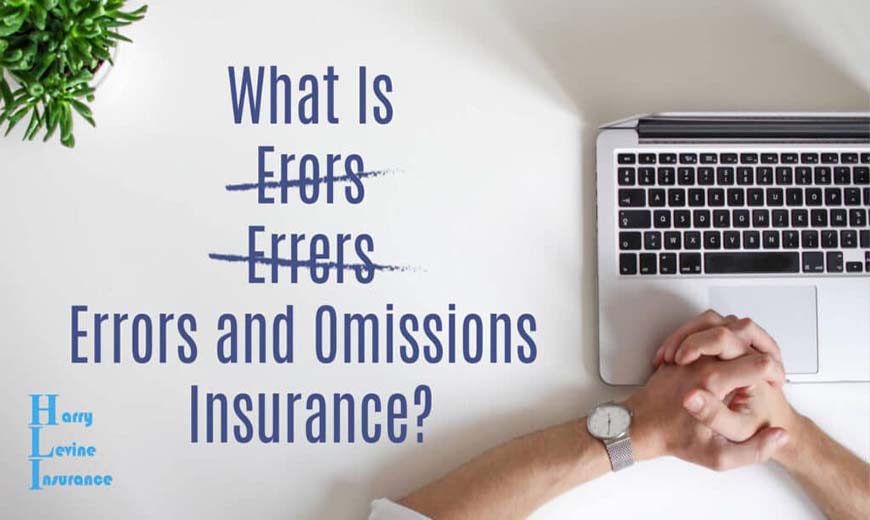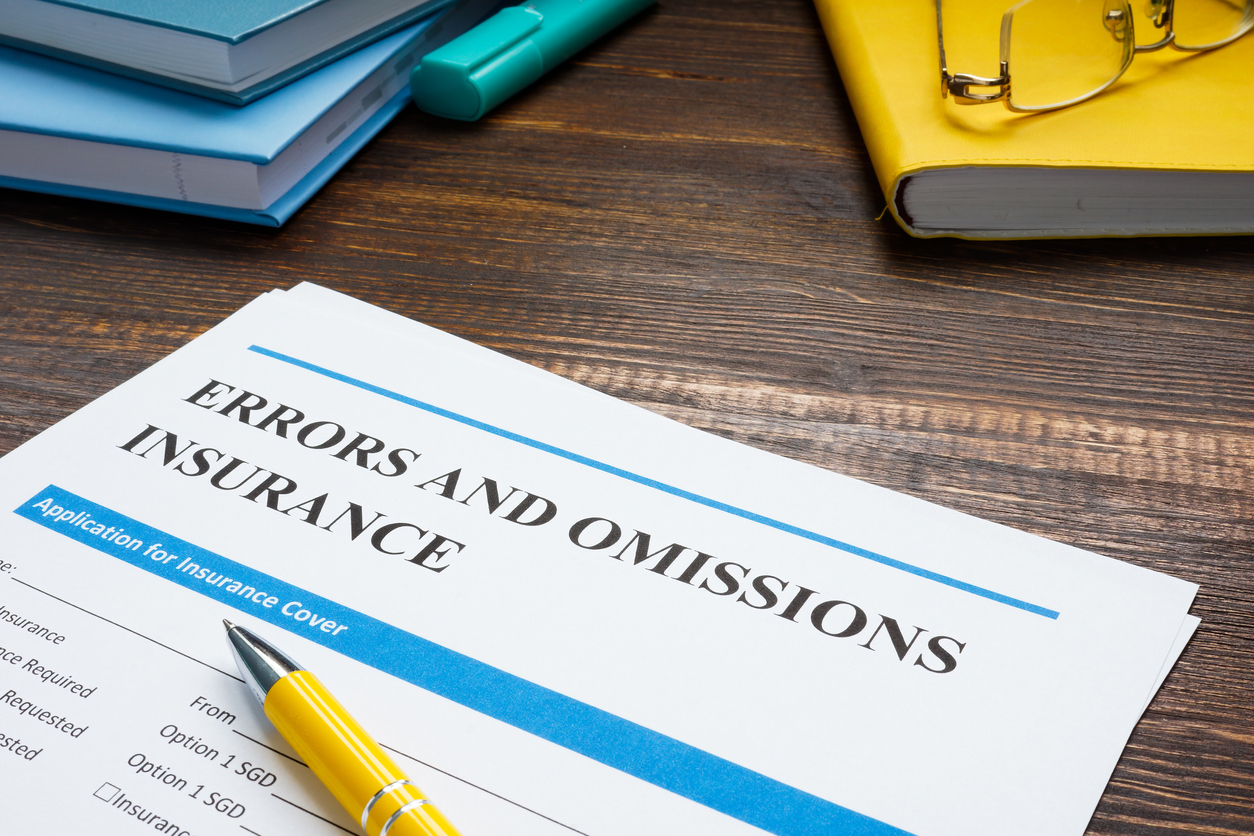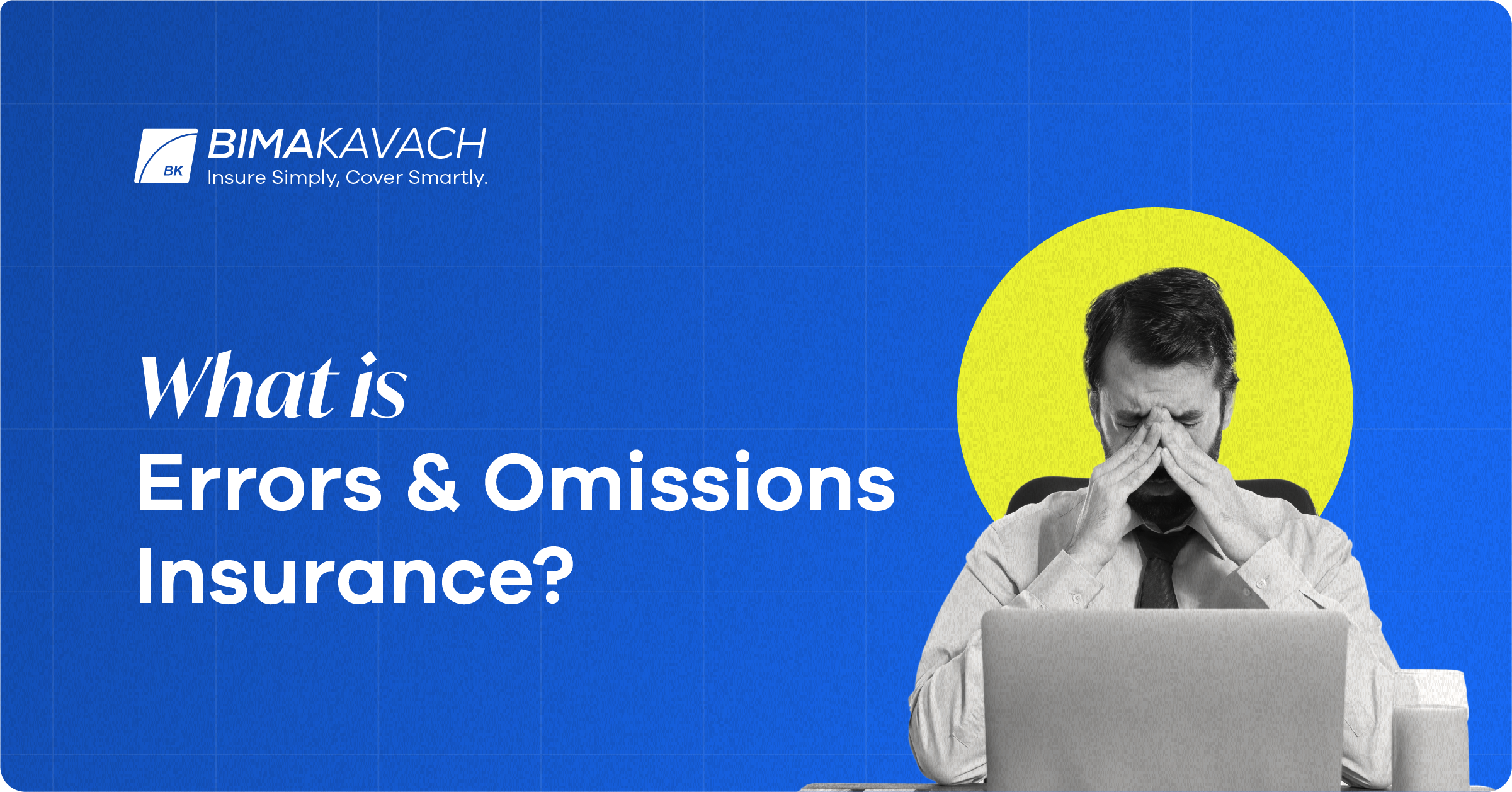Errors and omissions insurance for bookkeepers is a crucial protection against financial losses and reputational damage resulting from unintentional errors or omissions in their professional services. It safeguards bookkeepers’ peace of mind and ensures the continuity of their businesses.
This insurance covers various types of errors, such as mistakes in calculations, oversights in financial reporting, and missed deadlines. It provides financial protection against claims and lawsuits, safeguarding the bookkeeper’s assets and reputation.
Definition and Purpose of Errors and Omissions Insurance for Bookkeepers
Errors and Omissions (E&O) insurance is a crucial protection for bookkeepers who provide professional accounting services to clients. It safeguards them against financial losses arising from mistakes, errors, or omissions in their work that may lead to financial damages for clients.
E&O insurance for bookkeepers covers a wide range of errors and omissions, including:
- Mistakes in financial calculations or reporting
- Oversights or omissions of important financial data
- Errors in tax preparation or advice
- Breaches of confidentiality or privacy
- Negligent misrepresentation or misstatements
E&O insurance provides financial protection in situations where a client suffers financial losses due to errors or omissions in the bookkeeper’s work. For example, if a bookkeeper makes an error in calculating a client’s tax liability, resulting in the client paying more taxes than necessary, the E&O insurance would cover the client’s financial loss.
Benefits of Errors and Omissions Insurance for Bookkeepers

Errors and omissions insurance offers several significant benefits for bookkeepers, protecting their financial interests, reputation, and peace of mind.
Financial Protection
Errors and omissions insurance provides financial protection against claims and lawsuits arising from errors, omissions, or negligence in the bookkeeper’s professional services. This coverage can help cover the costs of legal defense, settlements, and judgments, safeguarding the bookkeeper’s assets and income.
Reputation and Credibility
A bookkeeper’s reputation is paramount. Errors and omissions insurance can help protect the bookkeeper’s reputation and credibility in the event of a claim or lawsuit. By demonstrating that the bookkeeper has taken steps to mitigate risks and protect clients, errors and omissions insurance can enhance the bookkeeper’s credibility and inspire confidence in potential clients.
Peace of Mind
Errors and omissions insurance provides peace of mind for bookkeepers. Knowing that they are financially protected against potential claims can alleviate stress and anxiety, allowing them to focus on providing high-quality services to their clients.
Factors to Consider When Choosing Errors and Omissions Insurance: Errors And Omissions Insurance For Bookkeepers

Selecting the most suitable Errors and Omissions (E&O) insurance policy for your bookkeeping business requires careful consideration of several key factors. These factors include coverage limits, deductibles, exclusions, and the reputation of the insurance provider.
It is essential to assess your business’s potential risks and the level of protection you need to mitigate financial losses resulting from errors or omissions in your services.
Coverage Limits
- Determine the appropriate coverage limits to ensure sufficient financial protection against potential claims.
- Consider the size of your business, the number of clients, and the potential financial impact of errors or omissions.
Deductibles
- Select a deductible that balances the cost of insurance with your business’s ability to absorb potential losses.
- A higher deductible typically lowers the insurance premium, while a lower deductible provides more immediate financial protection.
Exclusions
- Review the policy exclusions carefully to understand what is not covered.
- Common exclusions include intentional acts, fraud, and claims arising from services outside the scope of your bookkeeping practice.
Insurance Provider
- Choose a reputable insurance provider with a strong financial standing and a track record of providing reliable coverage.
- Consider the insurer’s experience in the bookkeeping industry and their understanding of the specific risks associated with your business.
Compare Quotes
Obtain quotes from multiple insurance providers to compare coverage, deductibles, exclusions, and premiums.
By carefully considering these factors and comparing quotes, you can select an E&O insurance policy that meets your business’s specific needs and provides the necessary protection against potential financial losses.
Best Practices for Managing Errors and Omissions Risks

Errors and omissions insurance can protect bookkeepers from financial losses due to mistakes or omissions in their work. However, there are steps bookkeepers can take to minimize the risk of errors and omissions in the first place.
Maintaining Accurate and Organized Records
Accurate and organized records are essential for any bookkeeper. This includes keeping track of all financial transactions, as well as supporting documentation such as invoices, receipts, and bank statements. By maintaining accurate records, bookkeepers can reduce the risk of errors and omissions in their work.
Clear Communication with Clients
Clear communication with clients is essential for any bookkeeper. This includes discussing the scope of work, the fees involved, and the expected deliverables. By communicating clearly with clients, bookkeepers can avoid misunderstandings and reduce the risk of errors and omissions.
Ongoing Professional Development and Training
The accounting profession is constantly changing, so it is important for bookkeepers to stay up-to-date on the latest developments. This includes attending continuing education courses and workshops, as well as reading industry publications. By staying up-to-date on the latest developments, bookkeepers can reduce the risk of errors and omissions in their work.
Case Studies of Errors and Omissions Claims

Errors and omissions (E&O) claims are a reality for bookkeepers. Understanding the causes and outcomes of these claims can help bookkeepers mitigate risks and protect their businesses.
In this section, we will explore real-world examples of E&O claims filed against bookkeepers, analyze the causes and lessons learned, and discuss the outcomes of these cases.
Example 1, Errors and omissions insurance for bookkeepers
- Cause:A bookkeeper mistakenly misclassified an employee as an independent contractor, resulting in unpaid taxes and penalties.
- Lesson:Proper classification of employees is crucial to avoid legal and financial consequences.
- Outcome:The bookkeeper’s E&O insurance covered the legal fees and penalties associated with the misclassification.
Example 2
- Cause:A bookkeeper failed to reconcile bank statements, resulting in undetected fraudulent transactions.
- Lesson:Regular reconciliation and internal controls are essential for detecting and preventing fraud.
- Outcome:The bookkeeper’s E&O insurance covered the financial losses incurred due to the fraud.
Example 3
- Cause:A bookkeeper provided inaccurate financial statements to a client, leading to investment losses.
- Lesson:Bookkeepers must exercise due care and diligence in preparing financial statements.
- Outcome:The bookkeeper’s E&O insurance settled the claim, compensating the client for their losses.
Example 4
- Cause:A bookkeeper failed to properly calculate payroll taxes, resulting in underpayment to the government.
- Lesson:Accurate and timely payroll tax calculations are essential for compliance and avoiding penalties.
- Outcome:The bookkeeper’s E&O insurance covered the additional taxes and penalties imposed by the government.
Example 5
- Cause:A bookkeeper provided tax advice without being licensed, resulting in incorrect tax filings.
- Lesson:Bookkeepers should only provide services within their scope of expertise and should not engage in unlicensed activities.
- Outcome:The bookkeeper’s E&O insurance did not cover the claim as it was outside the scope of their policy.
Conclusion
In conclusion, errors and omissions insurance is an essential investment for bookkeepers. It provides peace of mind, financial protection, and reputational safeguards. By carefully considering factors such as coverage limits and exclusions, bookkeepers can choose a policy that meets their specific needs and protects their businesses from potential risks.